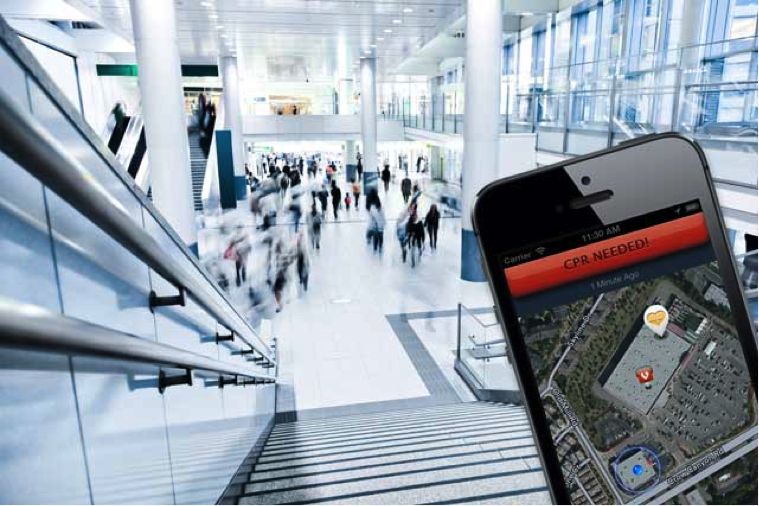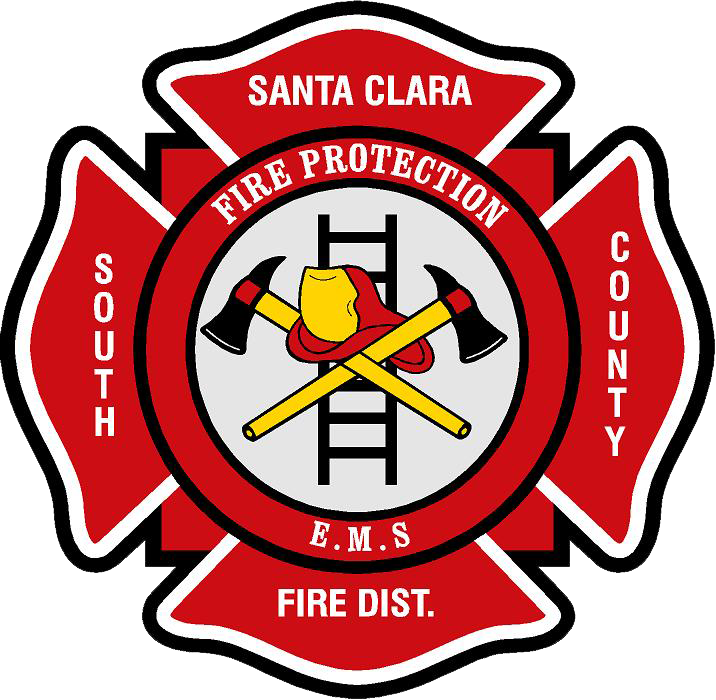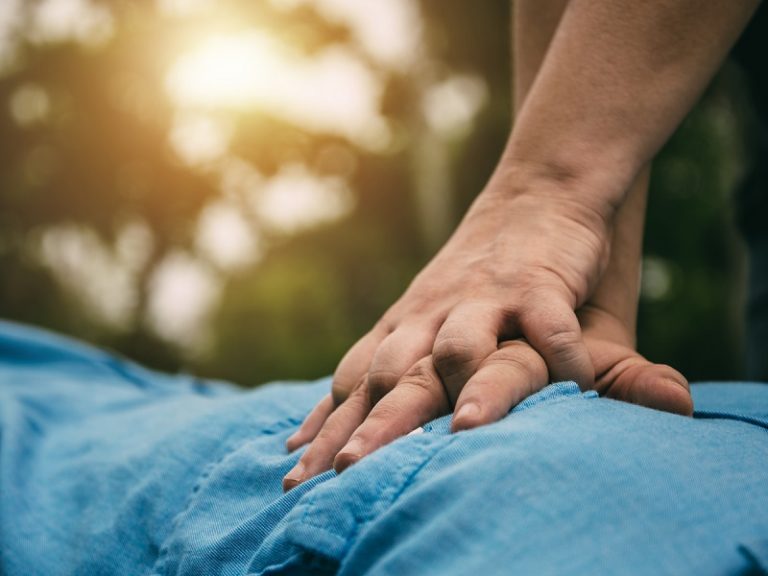Pulsepoint mobile cpr app at a glance
The PulsePoint mobile app alerts CPR-trained bystanders to someone nearby having a sudden cardiac arrest that may require CPR. The app is activated by the local public safety communications center simultaneous with the dispatch of local fire and EMS resources.
The purpose of the app is to increase the survival rates of cardiac arrest victims by:
- Improving the frequency of bystander CPR by increasing the awareness of cardiac events beyond the traditional “witnessed” area.
- Improving awareness and the speed of public access automated external defibrillator (AED) deployment by providing the precise location information of nearby devices.
- The app is only activated if the event is occurring in a public place (the app is not activated for residential addresses).
- The app is provided free of charge to the public. The supporting IT infrastructure is also provided free of charge to public safety agencies desiring to offer the application in their community. Since the app requires a connection to the local public safety communications center, it is only available where adopted and implemented by the local Fire/EMS agency.
- Funding and support for the application is provided by the PulsePoint Foundation, a nonprofit organization established to guide, enhance and expand the reach of the app.
For additional information on the lifesaving PulsePoint mobile app please visit:




